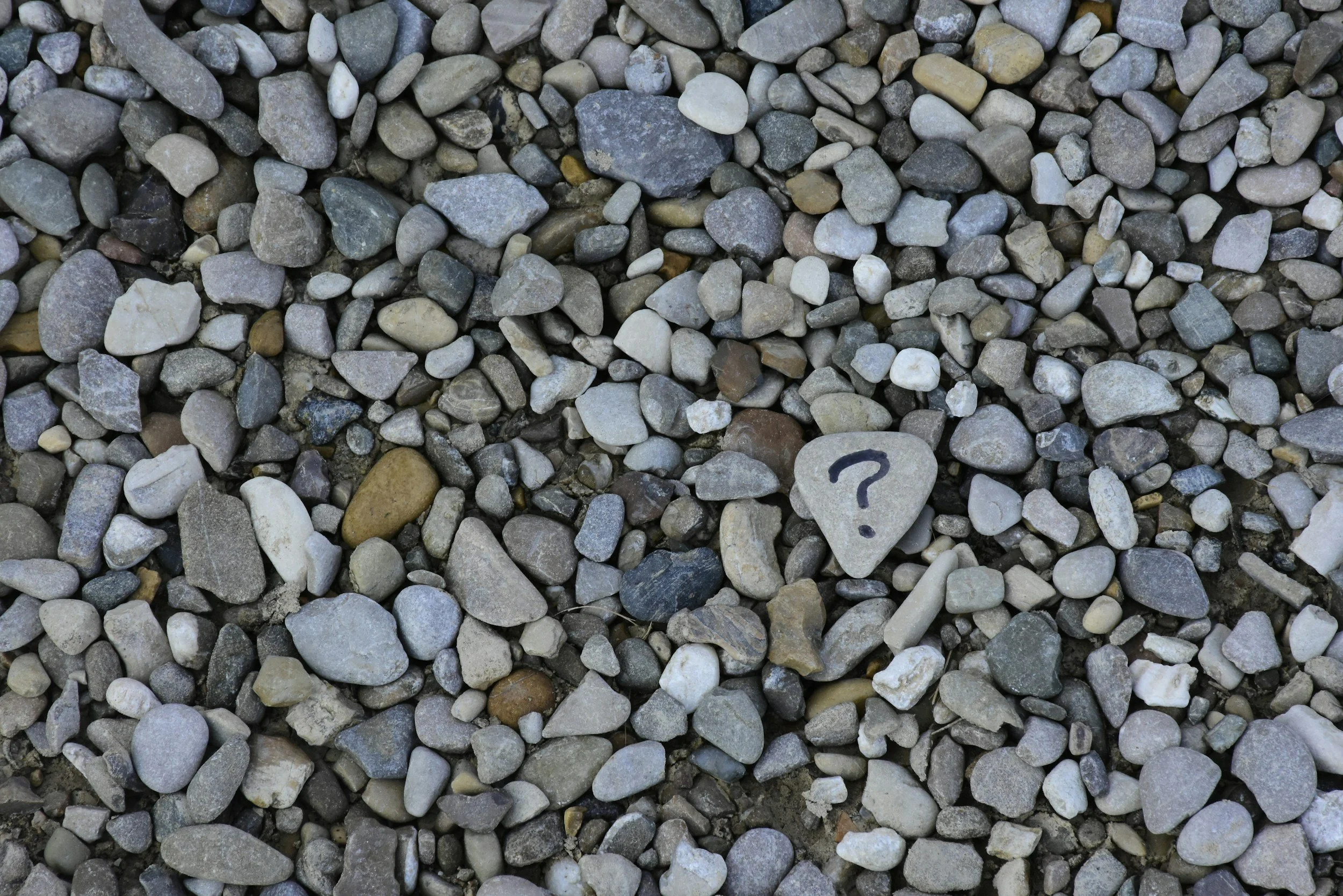
FAQ’s
-
It’s the exploration of food from all sides. Think: culture, politics, ecology, tradition, innovation, and sensory discovery. It integrates research and narrative, critical thinking and bodily engagement. It's not culinary school; it's systems thinking through the lens of food.
-
Spain, and especially the Basque region, offered the right combination of depth, rhythm, and cultural richness. After years of burnout in the U.S., I needed a place where I could slow down and study something that mattered. I didn’t just need new skills; I needed a new way of being.
-
Open to collaborations of mutual focus; especially those that act at the intersection of food, health, culture, or systems transformation. Would be great to connect if that’s you!
-
Not yet, but please know I am working on it! For now you can begin at the Gastronomy & Grad School blog, or peruse Why I Chose Gastronomy.
Who is Mel in Motion For?
This space is for anyone curious about how food, culture, and daily life intersect. Maybe you’re dreaming of moving abroad, interested in gastronomy, passionate about justice in food systems, or simply love a good story. If you’re curious and open-minded, you’ll feel at home here.
Why did you choose the name Mel in Motion?
Because this chapter of my life is all about movement. Across countries, into new studies, and toward a life rooted in food, culture, and discovery. It’s a reminder that growth is never static.
Will you be posting recipes?
Yes! But not just recipes; my focus is on gastronomy, which means food in context. That could mean pintxo tastings, Basque traditions, reflections on justice and food systems, or creative kitchen experiments. Recipes will show up when they’re part of a bigger story.
Can I collaborate or contribute?
I’m always open to meaningful collaborations! Especially with creators, food lovers, or organizations interested in culture, justice, or education. You can reach me through the Contact page if you’d like to explore something together.
Have a Question?
DM me on any social media or click the button below to email me directly. Thank you!
Why is gastronomy important today?
Because food connects everything: health, environment, economy, identity. Studying gastronomy helps us understand how to feed people fairly, sustainably, and meaningfully in a changing world.
Is gastronomy just about fine dining?
Not at all. While gastronomy includes the study of haute cuisine, it also looks at everyday meals, street food, agriculture, traditions, and food justice. It’s as much about a family recipe as it is about a Michelin-starred dish.
Is gastronomy a new field?
Not entirely. People have been studying food for centuries, but “gastronomy” as a modern, interdisciplinary field has grown in the last few decades; blending science, culture, and activism into a formal area of study.
Is gastronomy the same as culinary arts?
No. Culinary arts focus on how to cook: techniques, recipes, presentation.
Gastronomy looks at why food matters: culture, history, science, sustainability, and justice.
What jobs exist in gastronomy?
Gastronomy graduates work in food research, food policy, sustainability, education, hospitality, publishing, tourism, and cultural projects. Some become chefs, but many work in fields where food intersects with society.
How does gastronomy relate to sustainability?
Sustainability is at the core of gastronomy. It studies how farming, fishing, distribution, and waste impact the environment, and how we can create food systems that nourish both people and the planet.
Do I need to be a chef to study gastronomy?
No. Gastronomy welcomes people from many backgrounds: history, science, agriculture, activism, communications. Cooking skills help, but curiosity about food and culture matters more.
Where can I study gastronomy?
There are programs worldwide, but one of the most recognized is the Basque Culinary Center in San Sebastián, Spain, where I’m studying.
What’s the difference between gastronomy and nutrition?
Nutrition focuses on how food affects health, calories, and nutrients. Gastronomy zooms out to look at the bigger picture (culture, environment, justice, and meaning) while still acknowledging nutrition as one piece of the puzzle.


